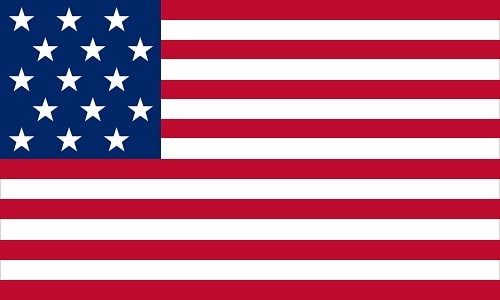
This visa (V) is applicable for the spouses and unmarried children (under the age of 21) of these Lawful Permanent Residents (LPRs) to enter and work in the U.S. At that time their applications for Permanent Residency are being processed by the USCIS (U.S. Citizenship and Immigration Services). The visa holder can also able to travel abroad and return to the U.S. on a V visa. There are several types of V visa which are as follows:
There are some general requirements to obtain a V visa. These requirements are the following:
The Lawful Permanent Residents (LPR) must follow some steps to file a petition for a household member to come and reside in the United States.
Fill up the Form I-130: The Lawful Permanent Residents (LPR) need to file Form I-130, Petition for their spouse, and children with USCIS on your behalf on or before 21 December 2000.
Reimburse the application fee: The Lawful Permanent Residents (LPR) must pay the visa application fee and biometric services fee (if applicable) due to being able to remain with the rest of the application stages. After they have paid the dues, they must save the money receipts and affix it to the documents file.
Submit the required document file: The Lawful Permanent Residents (LPR) must submit the required supporting documents with Form I-130. There are some following documents should submit:
File the petition: According to the form instructions file the request at the correct filling locations. If the Lawful Permanent Residents (LPR) wants to receive an e-notification, they have to complete Form G-1145, E-Notification of Application/Petition Acceptance, and clip it to the first page of the petition. Once USCIS receives the Form I-130 they mail a receipt confirming that we received the request. The USCIS will inform the LPR about the status of the petition and they will forward to the U.S. Department of State’s National Visa Center (NVC) if it gets approval from them. The NVC will inform about the status of the petition to the LPR and his/her family member and invite qualifying family members to apply for immigrant visas. The Lawful Permanent Residents (LPR) should be the sponsor of his or her family member by completing a Form I-864, Affidavit of support. If the family member of The Lawful Permanent Residents (LPR) is live in the U.S., they have to file both of these forms:
But, if the family member of The Lawful Permanent Residents (LPR) is live outside the U.S., they should go through consular processing.